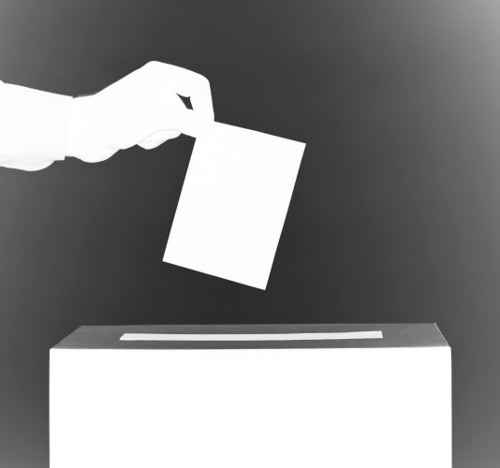NSW election cap scrapped
 The upcoming NSW election is expected to be a big spending one, with a high court ruling effectively scrapping caps on third-party campaigns.
The upcoming NSW election is expected to be a big spending one, with a high court ruling effectively scrapping caps on third-party campaigns.
The court found the Electoral Funding Act – which capped the amount third-party groups can spend on state campaigns at $500,000 – infringed free political communication.
Unions challenged the laws when they were brought in last year, saying they were designed to stifle “disfavoured voices”.
NSW treasurer Dominic Perrottet said the decision gives unions “the ability to exercise free rein on spending their member’s dues”.
He said union funding will “disproportionately dominate the coming election campaign”.
With just eight weeks until the NSW election, the decision should see much more third-party spending.
“We’ll be reviewing our budget,” Brett Holmes from the NSW Nurses and Midwives Association told the Guardian.
“We can only speak for ourselves, [but] we’re a large union in NSW and we can afford to dedicate significant resources to campaigning on the issues that matter to our members. We’ll be considering the options that are open to us [but] yes we will be increasing our spend.”
Mr Holmes said the union knows that the government will review the cap if it was re-elected.
“If you went crazy with your expenditure that would be looked at carefully when the government reviews this legislation which I have no doubt they will when they return to parliament if they’re re-elected,” he said.
He said the previous cap was virtually unworkable.
“One 30-second TV ad in Sydney is about $30,000. So you very quickly burn through $500,000. We would not have been able to run a campaign that included that kind of advertising under a $500,000 cap,” he said.
The decision will also allow unions to work together in the upcoming campaign.
“The cap is one side, but we were prohibited from acting in unison with each other which made campaigning on any issue extremely difficult,” Stuart Little from the Public Service Association told the Guardian.
“Use TAFE as an example. We cover non-teaching staff, so if we were to act in unison with the Teachers Federation to campaign against cuts to TAFE, our combined cap was the same.
“It’s arguable that you could have a cap of some sort [but] this law was a way of stopping democratic oversight from community groups and trade unions.”








 Print
Print